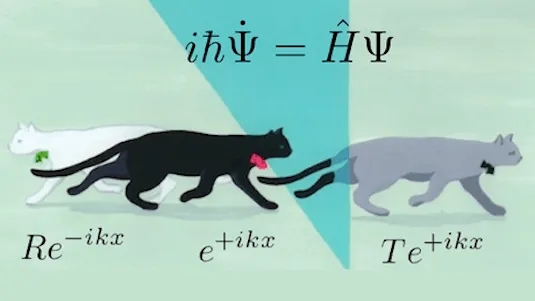
Exploring Quantum Physics From Coursera 
This course provides an in-depth exploration of quantum physics, covering topics from the basics to the cutting edge of research. Students will gain a comprehensive understanding of the subject through interactive exercises. ▼
ADVERTISEMENT
Course Feature
![]() Cost:
Cost:
Free
![]() Provider:
Provider:
Coursera
![]() Certificate:
Certificate:
Paid Certification
![]() Language:
Language:
English
![]() Start Date:
Start Date:
28th Aug, 2023
Course Overview
❗The content presented here is sourced directly from Coursera platform. For comprehensive course details, including enrollment information, simply click on the 'Go to class' link on our website.
Updated in [March 06th, 2023]
Exploring Quantum Physics is a course designed to introduce students to the fundamentals of quantum physics. The course will cover topics such as wave-particle duality, the Heisenberg Uncertainty Principle, and the Schrodinger equation. Students will gain an understanding of these topics through a combination of lectures and exercises. The course will also focus on the latest research in quantum physics, giving students an insight into the cutting-edge of the field. By the end of the course, students will have a comprehensive understanding of the fundamentals of quantum physics.
[Applications]
The application of this course can be seen in many areas of science and technology. Students who have completed this course will have a better understanding of the principles of quantum physics and be able to apply them to their own research. They will also be able to use the knowledge gained to develop new technologies and applications. Additionally, they will be able to use the concepts to explain and interpret the behavior of matter and energy on the atomic and subatomic level. Finally, they will be able to use the principles of quantum physics to develop new theories and models.
[Career Paths]
1. Quantum Computing Engineer: Quantum Computing Engineers are responsible for designing, developing, and testing quantum computing systems. They must have a strong understanding of quantum physics and be able to apply their knowledge to create efficient and reliable systems. As the field of quantum computing continues to grow, Quantum Computing Engineers will be in high demand.
2. Quantum Physicist: Quantum Physicists are responsible for researching and studying the behavior of matter and energy at the atomic and subatomic levels. They must have a strong understanding of quantum physics and be able to apply their knowledge to solve complex problems. As the field of quantum physics continues to expand, Quantum Physicists will be in high demand.
3. Quantum Materials Scientist: Quantum Materials Scientists are responsible for researching and developing materials that can be used in quantum computing systems. They must have a strong understanding of quantum physics and be able to apply their knowledge to create materials that are suitable for quantum computing. As the field of quantum computing continues to grow, Quantum Materials Scientists will be in high demand.
4. Quantum Software Developer: Quantum Software Developers are responsible for designing, developing, and testing software for quantum computing systems. They must have a strong understanding of quantum physics and be able to apply their knowledge to create efficient and reliable software. As the field of quantum computing continues to expand, Quantum Software Developers will be in high demand.
[Education Paths]
1. Bachelor of Science in Physics: This degree program provides a comprehensive overview of the fundamentals of physics, including quantum mechanics, thermodynamics, and electromagnetism. Students will gain an understanding of the principles of quantum physics and how they apply to the real world. Additionally, they will learn about the latest developments in the field, such as quantum computing and quantum cryptography.
2. Master of Science in Quantum Physics: This degree program provides a more in-depth exploration of quantum physics, including topics such as quantum entanglement, quantum tunneling, and quantum computing. Students will gain an understanding of the principles of quantum physics and how they apply to the real world. Additionally, they will learn about the latest developments in the field, such as quantum computing and quantum cryptography.
3. Doctor of Philosophy in Quantum Physics: This degree program provides an even more comprehensive exploration of quantum physics, including topics such as quantum entanglement, quantum tunneling, and quantum computing. Students will gain an understanding of the principles of quantum physics and how they apply to the real world. Additionally, they will learn about the latest developments in the field, such as quantum computing and quantum cryptography.
4. Master of Science in Quantum Computing: This degree program provides an in-depth exploration of quantum computing, including topics such as quantum algorithms, quantum error correction, and quantum cryptography. Students will gain an understanding of the principles of quantum computing and how they apply to the real world. Additionally, they will learn about the latest developments in the field, such as quantum computing and quantum cryptography.
Course Provider

Provider Coursera's Stats at AZClass
Discussion and Reviews
0.0 (Based on 0 reviews)
Explore Similar Online Courses

Hip hop dancing: from beginner to advance: Street dance
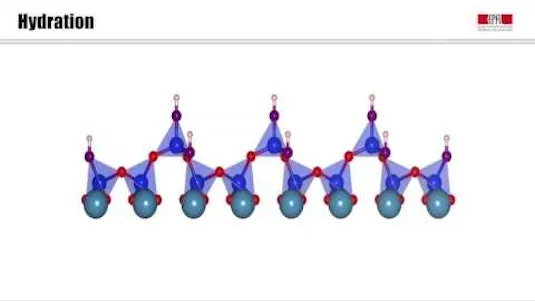
Cement Chemistry and Sustainable Cementitious Materials

Python for Informatics: Exploring Information

Social Network Analysis

Introduction to Systematic Review and Meta-Analysis

The Analytics Edge

DCO042 - Python For Informatics

Causal Diagrams: Draw Your Assumptions Before Your Conclusions

Whole genome sequencing of bacterial genomes - tools and applications
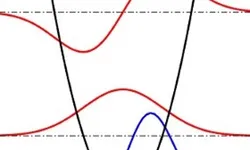
Foundations of Quantum Mechanics
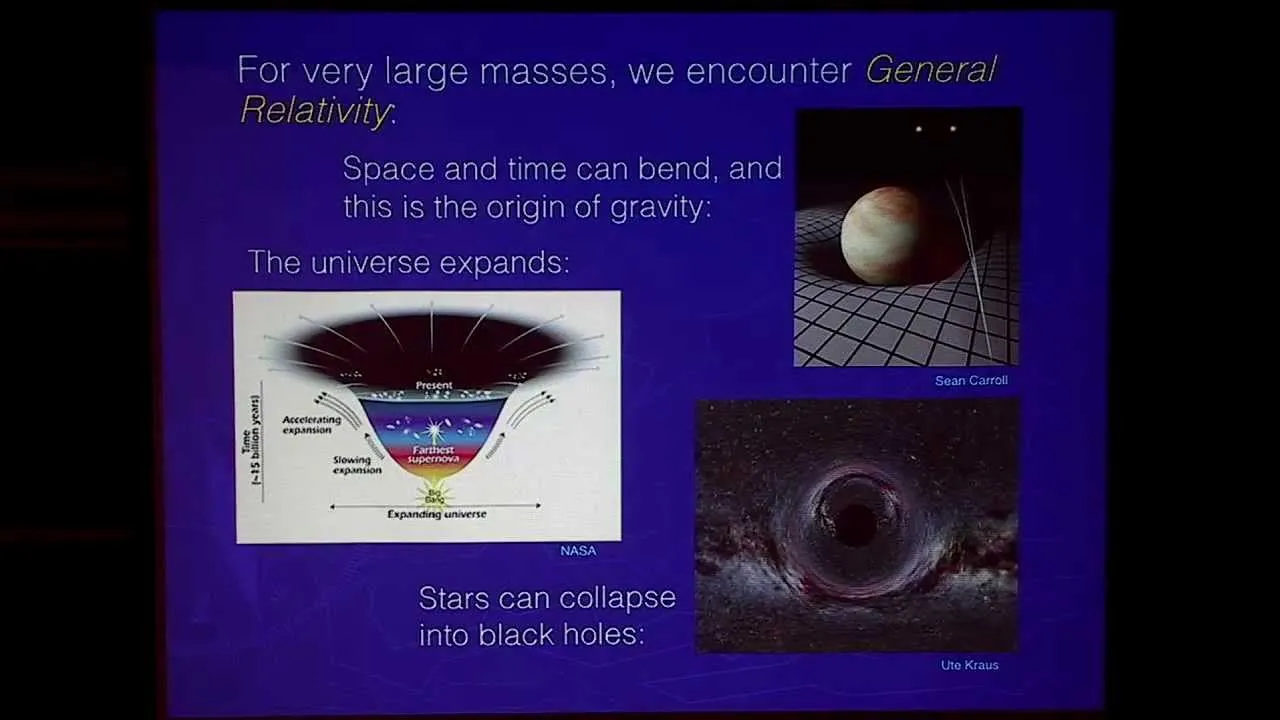
Gravity and Quantum Mechanics - The Quest for Unification
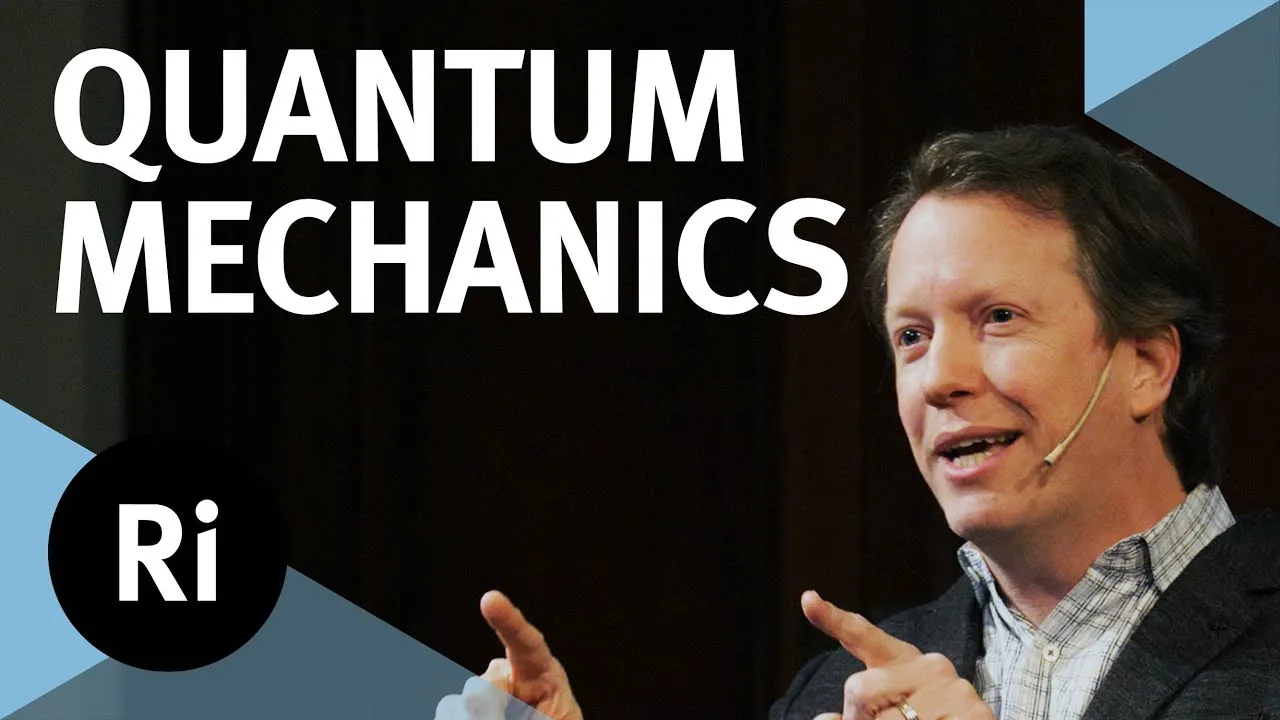

Start your review of Exploring Quantum Physics From Coursera